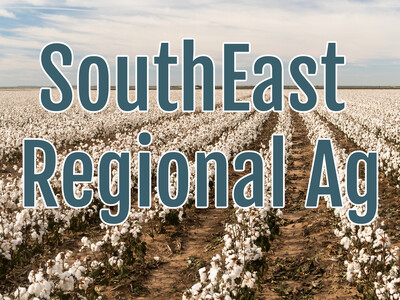Food Stamp Decline & Produce Exports Up
Food Stamp Decline & Produce Exports Up plus Food Forethought. I'm Greg Martin with today's Northwest Report.Seems that more and more people are discovering the benefits of eating fresh fruits and vegetables including export markets. The 2014 trade estimates for horticultural products is at over $34-billion dollars and in 2015 that number will leap to $37-billion. USDA Chief Economist Joe Glauber says that will not only be a record for horticultural exports but:
GLAUBER: If that's realized it will be the first time exports of horticultural products are greater than exports of grain and feed products.
The Wall Street Journal reports the use of food stamps is dropping. 46.2 million Americans were documented as on food stamps in May according to the USDA. Data shows that figure to be about 14.8 percent of the U.S. population. That is down from a record 47.8 million in December of 2012. According to the Wall Street Journal, experts expect enrollment and costs to keep falling. They claim that as more Americans find jobs and collect paychecks, fewer will be eligible, lowering program costs. The Congressional Budget Office sees food-stamp costs possibly returning to 1995 levels around 0.35% as a share of GDP in five years.
Now with today's Food Forethought, here's Lacy Gray.
Those not familiar with the daily business of farming or ranching may think that farmers and ranchers do not have as much stress as someone who works a non-agricultural job answering to a supervisor or boss. They would be wrong. In fact, farmers and ranchers face a multitude of stress related issues often on a daily basis, such as planting schedules, labor issues, weather patterns, livestock health and safety, fluctuating markets, and natural disasters. While farmers tend to smoke less than the general population, a large majority of farmers are apt to cope with stress through excessive worry, over eating, or most commonly, over working. Combined these behaviors increase a person's risk for heart disease and other serious health issues. Those in agriculture don't often talk about the stress they're under, but farm and ranch families who find themselves under increasing pressure should share what is happening with them. Talking to fellow farmers and ranchers will help them realize that they're not alone, and could even lead to some problem solving.
Thanks Lacy. That's today's Northwest Report. I'm Greg Martin on the Ag Information Network.














